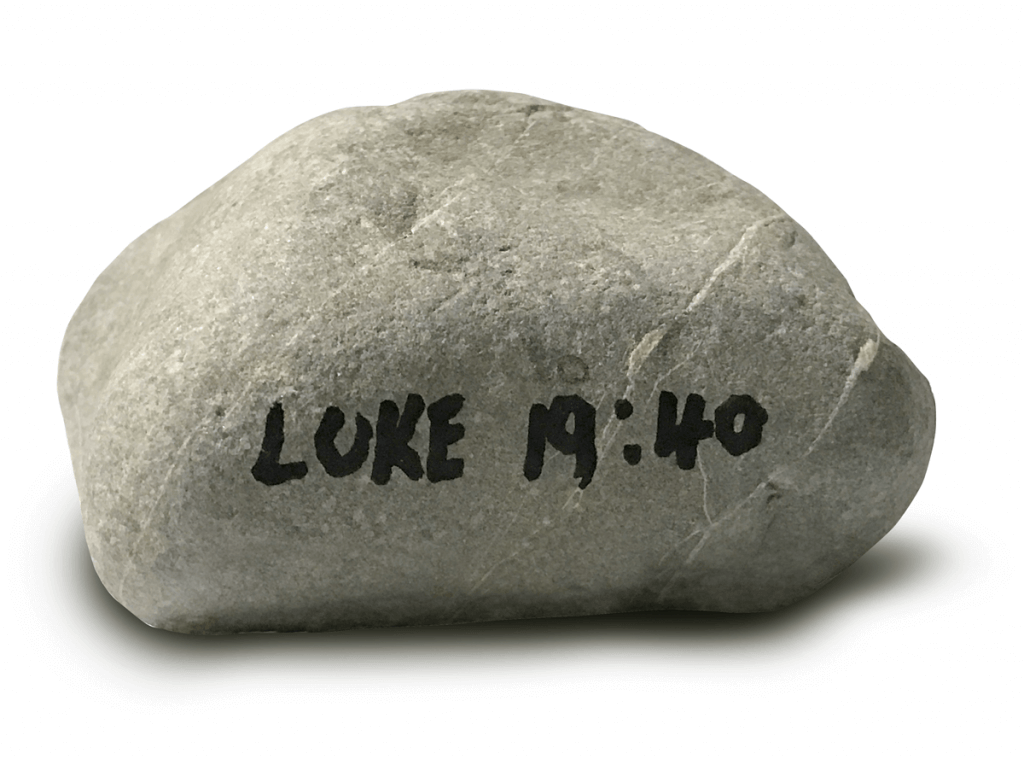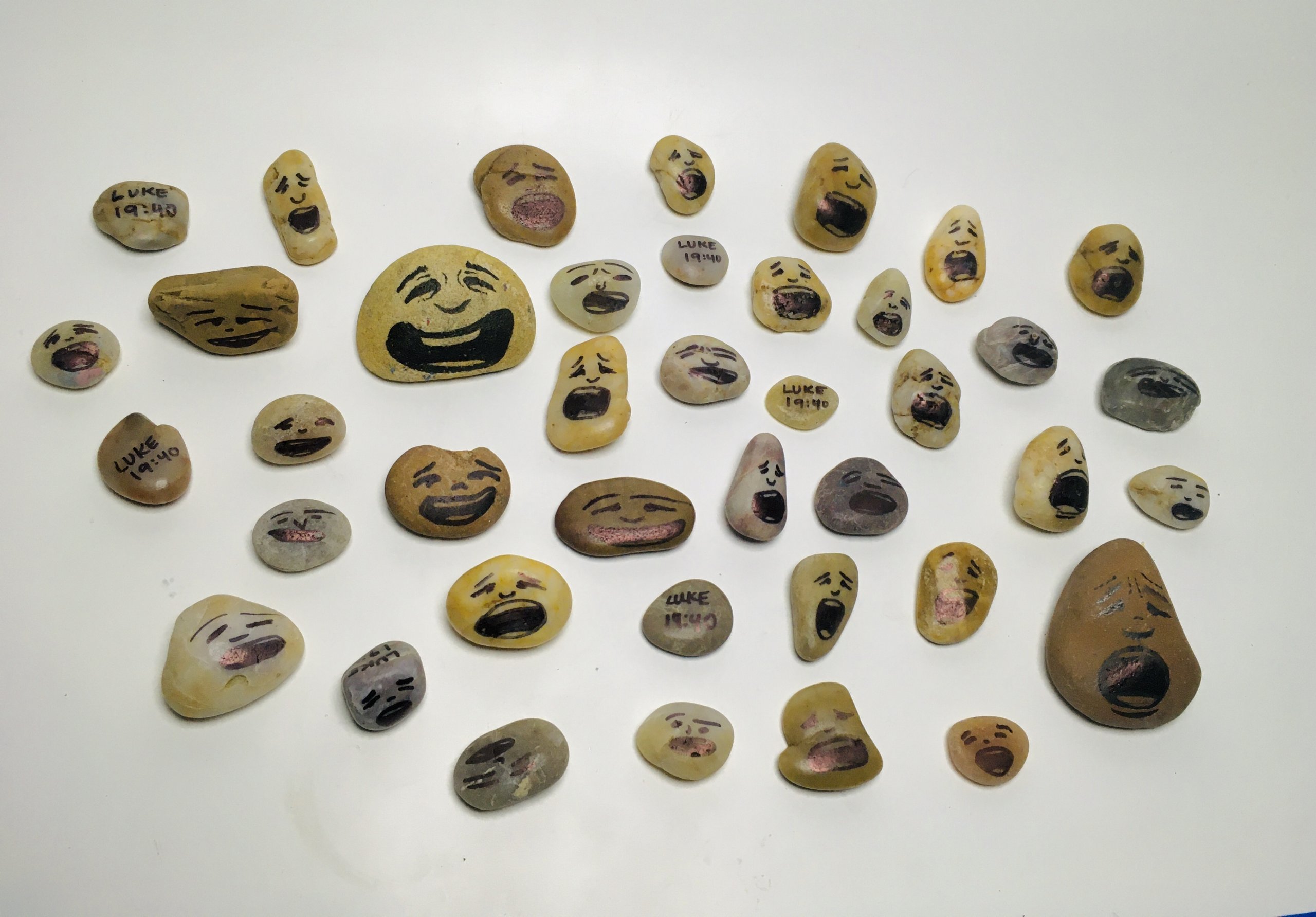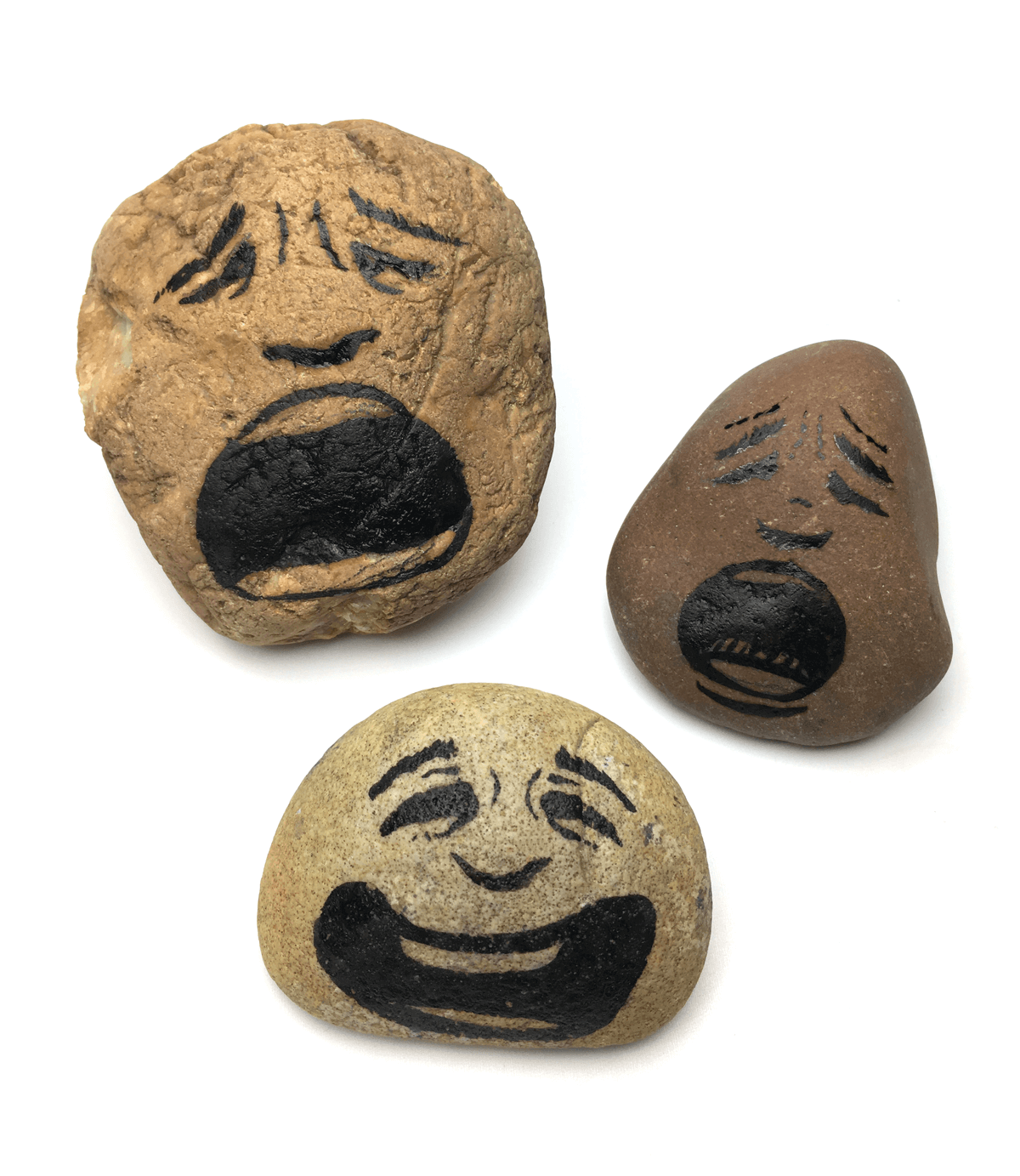Our raison d’être
Artists, crafters, writers, and appreciators of the arts know that nothing is created without some purpose. The purpose may seem insignificant, but it’s there, as a thing’s reason for existence.
Our Presbyterian friends, among others, are familiar with the Westminster Shorter Catechism, a series of questions and answers that teach truths from the Scripture. The very first question is, “What is the chief end of man?” In other words, what’s our grand purpose—why are we here? The answer: “Man’s chief end is to glorify God, and to enjoy Him forever.”
That’s as good an answer to the question as I’ve heard. And it’s a good way to gauge how we’re doing with fulfilling that purpose. Because we’re created by God, made in His image, brought to life with His very breath, loved deeply by Him and blessed by Him in countless ways, we’re supposed to glorify God in everything we do. Even in the most mundane aspects of life, we’re called to glorify Him. 1 Corinthians 10:31: “So, whether you eat or drink, or whatever you do, do all to the glory of God.”
Not everyone’s into glorifying the Creator of everything
The earth and all creation are faithful to testify to the glory of God. Psalm 19:1-2: “The heavens declare the glory of God, and the sky above proclaims his handiwork. Day to day pours out speech, and night to night reveals knowledge.” But, sadly, in all of creation there are two kinds of creatures that refuse to give glory to God. The first is Satan and the other fallen angels, whom he led in rebellion against God. The second is mankind—you and me. We’re not exactly keeping great company there, are we?
But that brings me to the title of this post. In Luke 19, we find Jesus entering Jerusalem on Palm Sunday. The following Friday will see Him crucified and buried. As Jesus enters Jerusalem, riding a donkey colt, the crowds are ecstatic.
Luke 19:37 picks up the account: “As He was drawing near—already on the way down the Mount of Olives—the whole multitude of His disciples began to rejoice and praise God with a loud voice for all the mighty works that they had seen, saying, ‘Blessed is the King who comes in the name of The Lord! Peace in heaven and glory in the highest!’ And some of the Pharisees in the crowd said to Him, ‘Teacher, rebuke your disciples.’ He answered, ‘I tell you, if these were silent, the very stones would cry out.’”
One woman’s creative way to glorify God
A good friend of mine lost her mother nearly two years ago. Her mother, Betty Wood, collected souvenir rocks from wherever she and her husband traveled.
Besides being a rock collector, Mrs. Wood believed passionately in her reason for being, to glorify God and enjoy Him forever. So she put her collection to use in encouraging others to glorify God. She wrote “Luke 19:40” on one side of her rocks and on the other side, she imagined a quote from the rock—”If you won’t praise Him I will!”—inspired by that verse. Mrs. Wood gave the rocks to many people over the years, including the ladies in her Sunday School class at Liberty Baptist Church in Hampton, Virginia.
Betty Wood’s inspiration lives on
It’s impossible to say how many folks have one of those special rocks on a shelf somewhere or how many have been inspired to find new, creative ways to glorify God after seeing those stones. Betty Wood inspires me to ask myself, “How am I doing with my grand purpose? Am I using my gifts, and whatever God has given me, to glorify Him? Or am I too often content to let a rock do my job for me?”


THE ORIGINALS
Betty Wood’s rocks carry her legacy of glorifying God to new generations. Photos courtesy of her daughter, Joy DeNoon
A rocky chorus

